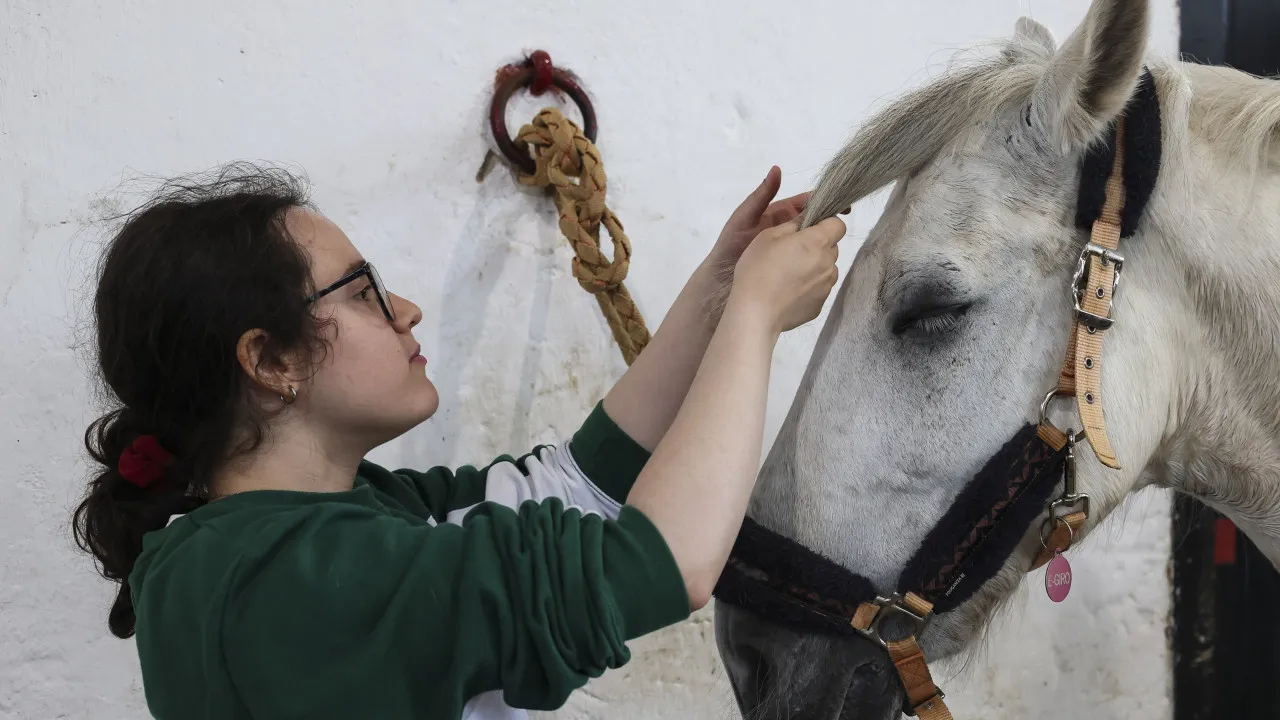The College of Pediatrics of the Portuguese Medical Association today recommended measures to mitigate respiratory infections, considering that, after the restrictions due to the covid-19 pandemic, “this winter children are more susceptible to the usual agents of infection”.
“The infectious risk of the cold months is unavoidable, especially in younger children, and there are several viral agents that cause it. General prevention measures and symptomatic treatment could help to get through this phase of the year with less need for health care and fewer complications,” the Portuguese Medical Association (OM) said in a statement.
Among the measures recommended to reduce the risk of respiratory infections in pediatrics are: avoiding exposing children to polluted environments, especially tobacco smoke; avoiding close contact with people with ongoing respiratory infections; not taking symptomatic children to school or nursery and notifying educators of this situation to alert the parents of other potentially exposed children.
Other advice from the College of Pediatrics is to “carefully respect the rules for preventing infections, such as ‘respiratory etiquette’ and maintaining prudent distance whenever necessary” and to avoid moving from very hot environments to the cold outside without adequate protection.
The entity that regulates medical practice in Portugal recalled that respiratory viruses are transmitted from person to person, through droplets generated by sneezing, coughing, breathing or contaminated objects of the infected patient, indicating that “transmission is very easy, and can even happen through speech, and the infected person is contagious even before having acute symptoms”.
“With the arrival of winter, conditions are once again ripe for an increase in viral respiratory infections. After several years of pandemic restrictions, this winter children are more susceptible to the usual agents of infection,” the OM warned.
If there are symptoms of respiratory infection in children, the College of Pediatrics advises implementing some infectious risk mitigation measures and first-line care, including hand hygiene care, respiratory etiquette measures and physical distancing if there are symptoms, and avoiding places with a high concentration of people indoors.
“In the event of acute symptoms, the treating doctor should preferably be contacted, who will be able to observe the child if the symptoms worsen or don’t improve within the foreseeable timeframe,” the OM specialty pointed out.
Additional hydration is also recommended to facilitate the fluidization of secretions and compensate for the loss of perspiration due to fever; symptomatic treatment with fever medication and nasal decongestion, if necessary; fractionating meals, due to the decrease in appetite, but also to reduce the risk of vomiting with coughing fits; discussing with the attending doctor the need for specific preventive measures in the case of children at particular risk of severity from respiratory infections.
The OM said that although it is not possible to prevent the occurrence of these infections, “these and other measures can reduce their risk and avoid trips to the pediatric emergency room, thus freeing up health professionals to attend to more serious cases”.








